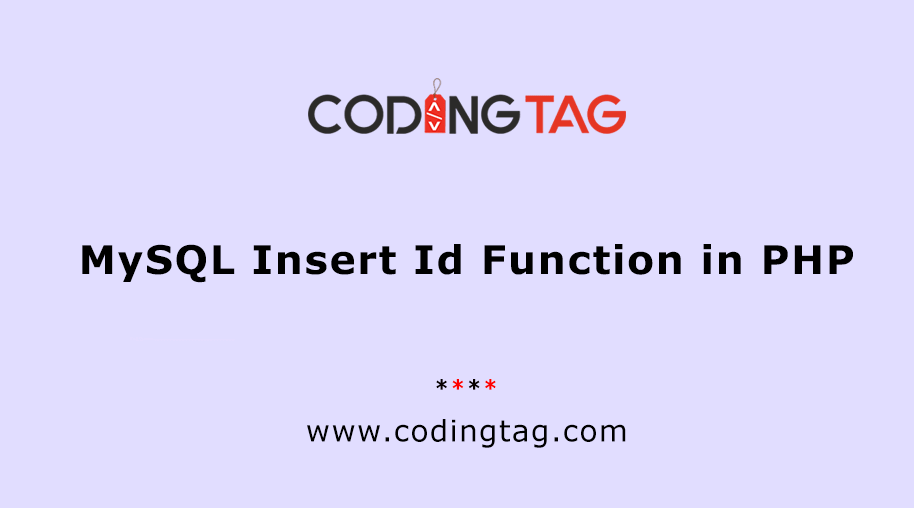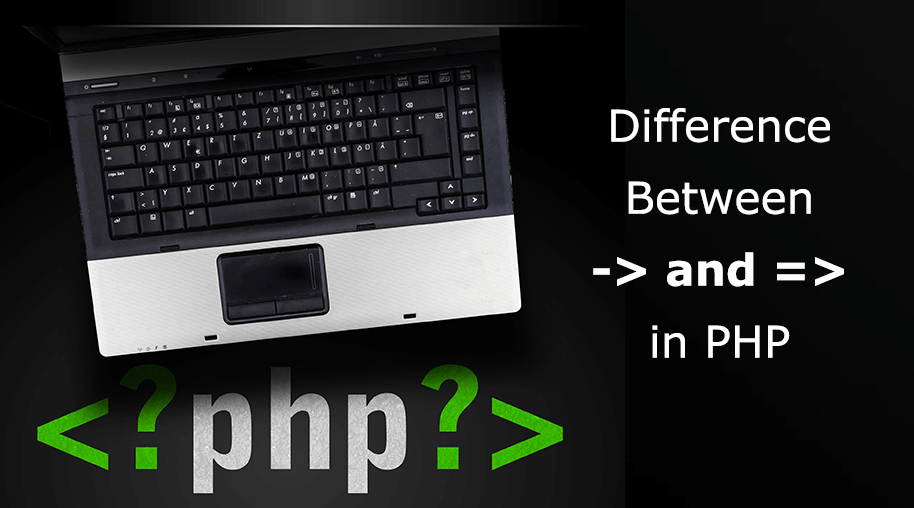Scope Resolution Operators in PHP
0 5561
PHP is also a powerful language that places several powers into the hands of the project developer. It is a core language, containing a handful of magical elements, functions methods, operators and many more features that can be applied to classes or programs. These fundamentals let the developer choose any object depending upon certain situations. PHP contains a lot of interactive features that are being utilized in many real-time use cases. Thus, one can learn PHP online to use its essential functions and concepts in programming. In this blog, I am going to discuss one of the tokens of PHP named as "Scope resolution operators."

Well! What is the Scope Resolution Operator? And how it works?
Let's proceed.
Scope Resolution Operators are stated as a token, written as the double colon (::) which permits superseded properties access like constant, methods, class, etc.
This operator is used for static elements.
Do you know that PHP can call any class without creating an object?
Yes, it is possible through Scope Resolution Operators.
Follow the below-written code example which is demonstrating the use of double colon while calling a class without taking the help of objects.
<?php
class noobj7
{
public function CallMe()
{
echo "hey please call me without object";
}
}
echo noobj7::callme();
?>Output:
hey please call me without object
Now let's discuss where PHP developer can use (::) concept.
Well, it is essential, right!
These operators have been implemented by developers in various PHP projects through many methods. Some of them are listed below:
Scope resolution operators are probably utilized in calling the class static properties.
Moreover, the parent class properties /class methods are accessed through this double colon.
Besides this, class constants can also be accessed through Scope resolution operators.
Real-Time Example:
There are several times my friends concluded throughout the development of their project with PHP language that these Scope Resolution Operators are very useful. Some of the use-cases are given below:
Scope Resolution Operators are used to store/print URL or to store values in any session. Those values can be used throughout the website.
Confused?
Let's understand it through an example in which value is created on the page and also used across the same page.
Program Code:
<?php
function base_url(){
$actual_link = "https://".$_SERVER[HTTP_HOST]."/"; //$_SERVER[REQUEST_URI]
return $actual_link;
}
class noobj7
{
public function CallMe()
{
echo base_url();
}
}
echo noobj7::callme();
?>In the above code, I have used scope resolution operators to store the values to create a base URL.
Output:

Let's switch into a program containing session values that can be used in any pages of websites. For instance, follow the given-below code:
<?php
session_start();
function base_url(){
$actual_link = "https://".$_SERVER[HTTP_HOST]."/"; //$_SERVER[REQUEST_URI]
return $actual_link;
}
class noobj7
{
public function CallMe()
{
$abc = base_url();
$_SESSION['res'] = $abc;
}
}
noobj7::callme();
?>The above-mentioned code is used to use session values to print URLs.

Scope resolution operators in Laravel framework:
Do you know about the most trending framework "Laravel"?
It is an outstanding PHP framework containing elegant syntax and many other functionalities. More than 70% of developers are utilizing this framework for website development projects which includes routing sessions and database-related tasks. Scope Resolution Operators play a major role in this Laravel framework to store and fetch values in the database. In addition to these functions, there are many other applications of double colon operator in PHP such as passing a value, comparing one value with others, etc.
Conclusion:
At last, this was all about (::). Did I miss any of the concepts on Scope Resolution Operators which you feel should have been in the post? If you have more information regarding the same, I would love to hear from you. Moreover, there are many other blogs has been written by me on many other technologies and technical interview questions including PHP interview questions. You can also share your feedback with me by commenting in the box below.

Share:









Comments
Waiting for your comments